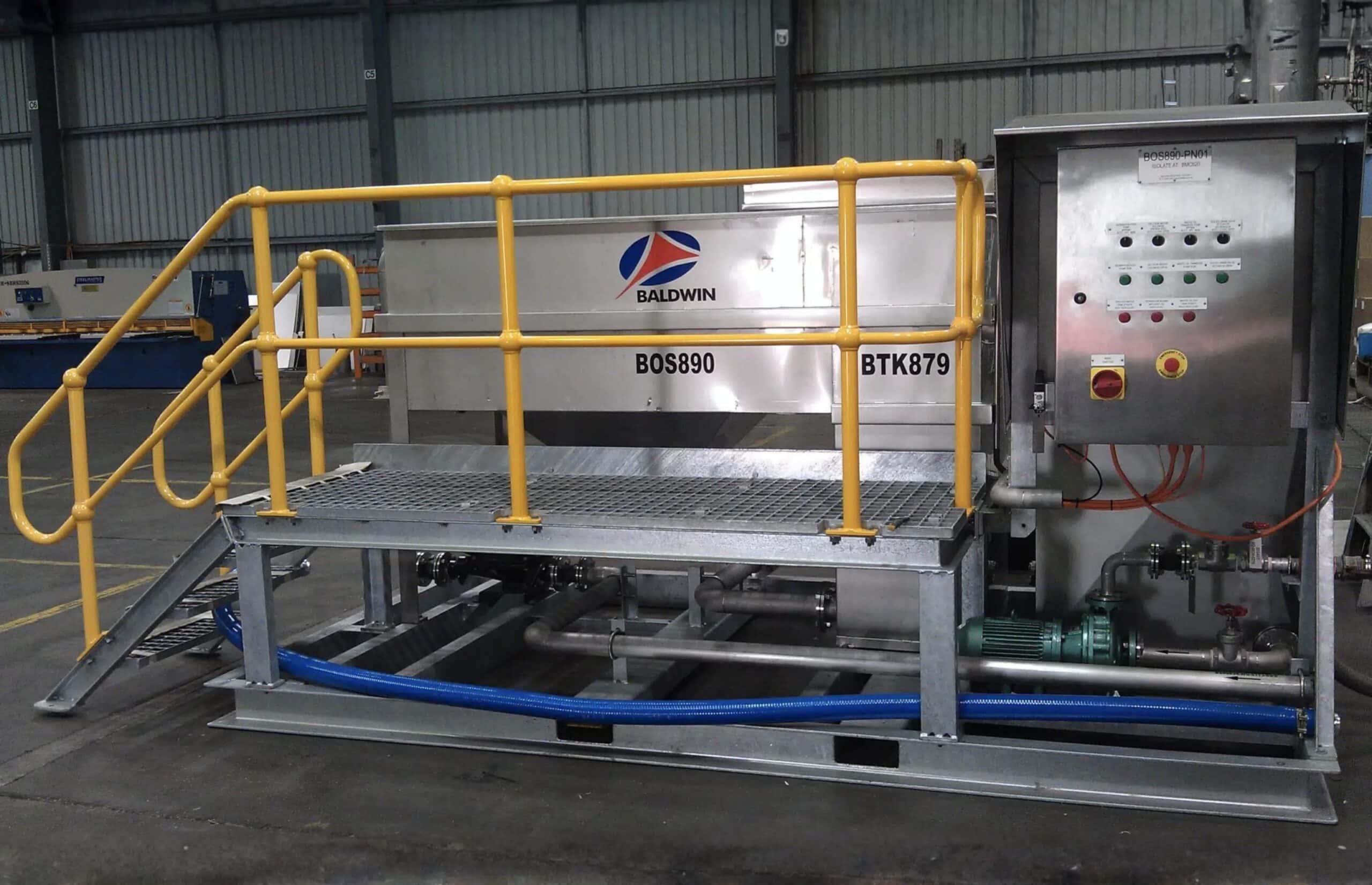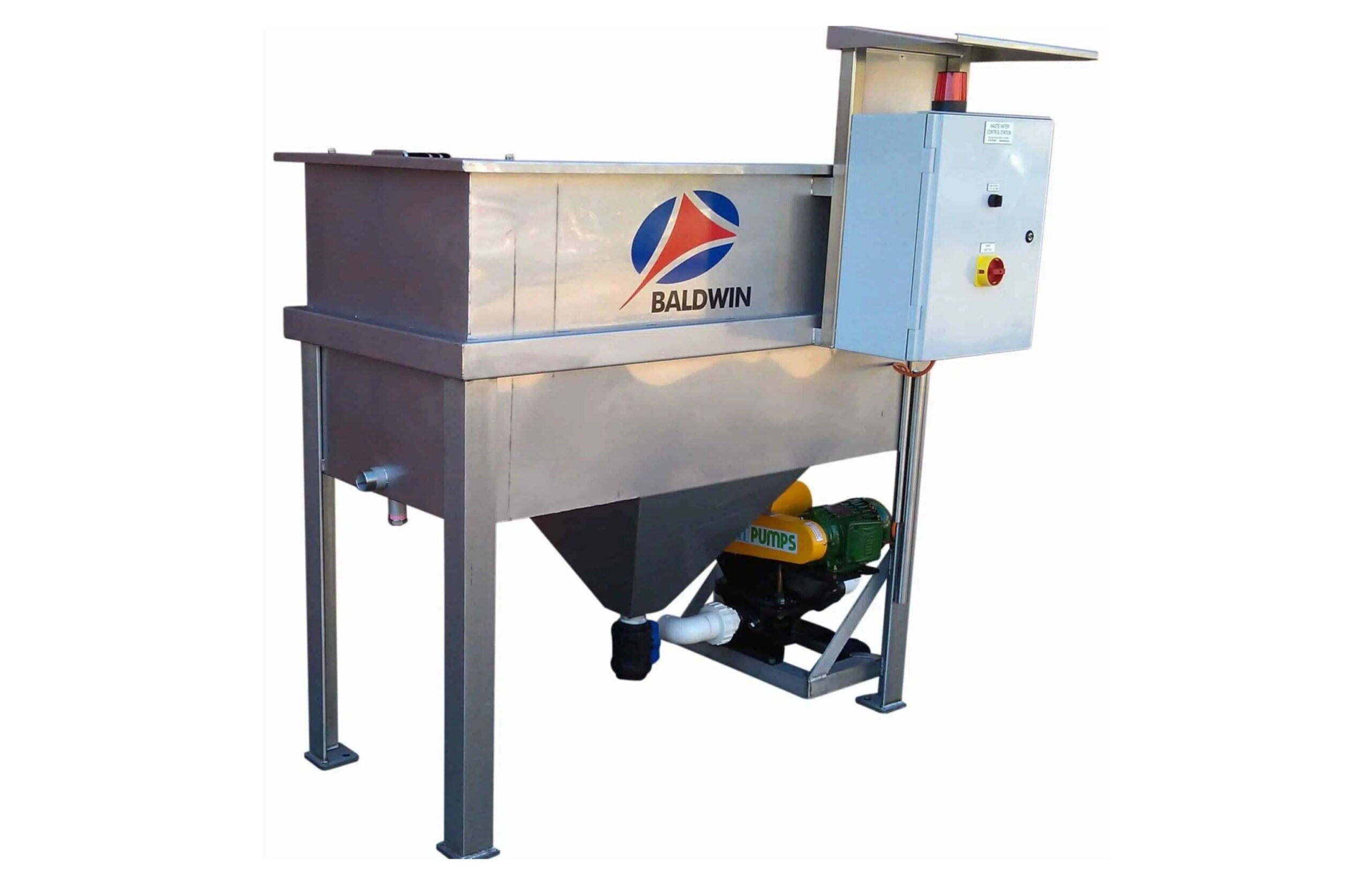Baldwin Industrial Systems designs and manufactures coalescing plate oil-water separators that remove oil, sludge, and suspended solids from industrial wastewater.
Each system is engineered for high separation efficiency, minimal maintenance, and long-term compliance under Australian environmental standards.



